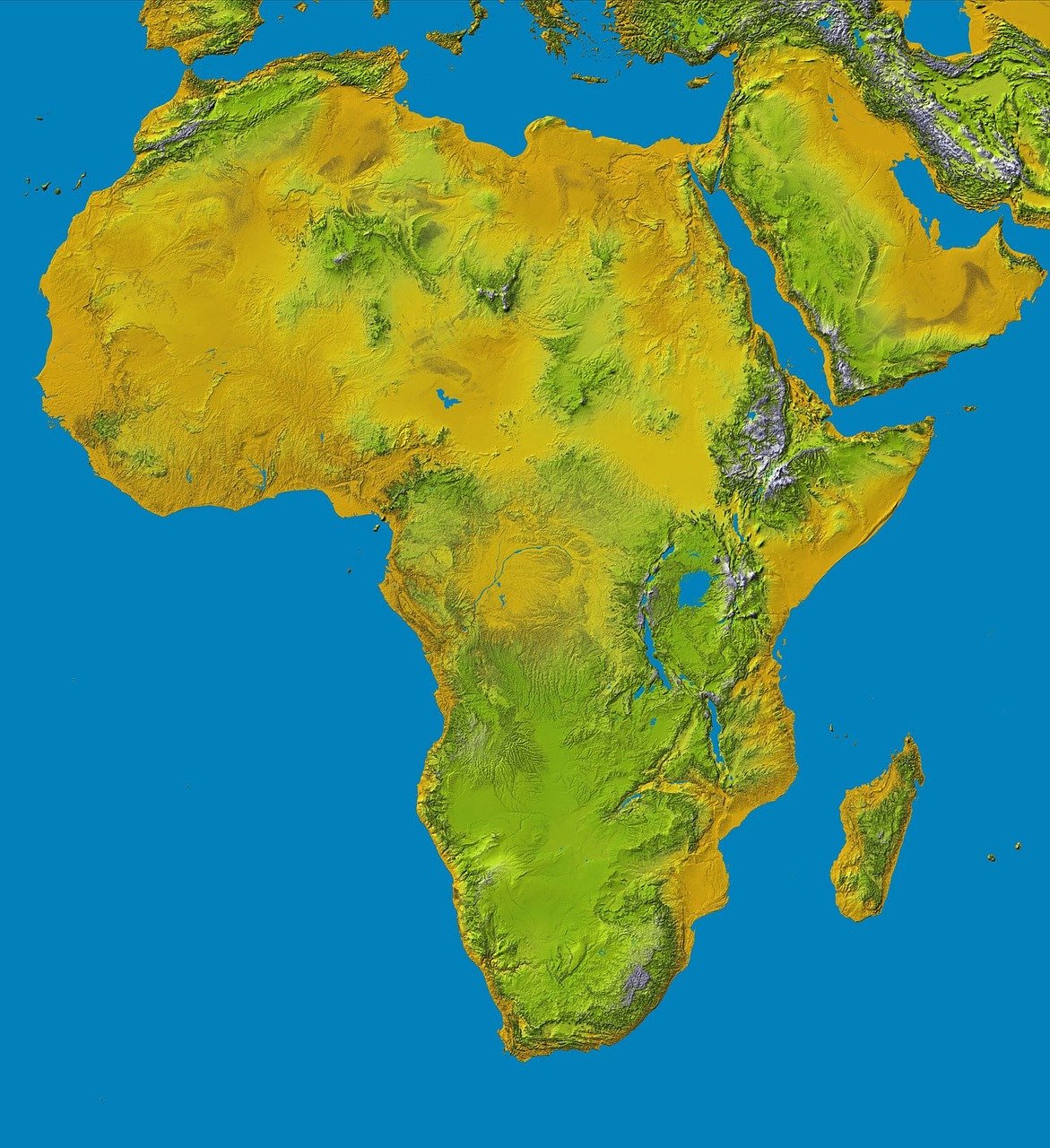
Africa
Geneva: With abundant resources and a growing consumer market, Africa can become a major participant in global supply chains by harnessing its vast resources of materials needed by high-technology sectors and their own growing consumer markets, the United Nations Conference on Trade and Development (UNCTAD) said in its Economic Development in Africa Report 2023 launched today in Nairobi.
Supply chains encompass the systems and resources needed to develop, produce and transport goods and services from suppliers to customers.
In recent years, global supply chains have come under immense pressure as a result of unprecedented trade turbulence, economic uncertainty, geopolitical events and natural disasters. Consequently, these supply chains were severely disrupted, leading the key players, such as the series of manufacturers, distributors, consigners and so on involved in producing goods of a particular kind and bringing them to market, to re-examine ways to strengthen supply chain resilience.
Although the integration of African economies into supply chains is relatively low compared with other regions, disruptions to supply chain operations have a more than proportionate adverse impact on their economies. Hence, key players and stakeholders are looking to strengthen the resilience of existing supply chains by diversifying their sources.
The report notes that this may create an opportunity for African economies to heighten their involvement in global supply chains.
According to the report, the value of the African supply chain finance market rose by 40% between 2021 and 2022, reaching $41 billion. But this is not enough. The continent can mobilize more funds by removing barriers to supply chain finance, including regulatory challenges, high-risk perception, and insufficient credit information.
“This is Africa’s moment to bolster its position in global supply chains as diversification efforts continue. It’s also an opportunity for the continent to strengthen its emerging industries, foster economic growth and create jobs for millions of its people,” UNCTAD Secretary-General Rebeca Grynspan said.
Africa’s abundance of critical minerals and metals, including aluminium, cobalt, copper, lithium and manganese, vital components in technology-intensive industries, positions the continent as an attractive destination for manufacturing, as recent upheavals caused by trade turbulence, geopolitical events and economic uncertainty compel manufacturers to diversify their production locations.
Africa also offers advantages such as shorter and simpler access to primary inputs, a younger, technology-aware, and adaptable labour force and a burgeoning middle class, known for its growing demand for more sophisticated goods and services.
Strengthening African supply chains is the key to the region’s growth
Nonetheless, venturing into Africa as a supply chain destination will require enormous investment in adequate infrastructure, as well as the availability of human capital and technology. In many African countries, the state of infrastructure development – transport, warehouse and other facilities – which is not yet at a standard and quality comparable to other developing and emerging countries, is one of the main barriers to logistics and supply chains on the continent.
However, national and regional initiatives to scale up financing for infrastructure development and improve logistics performance in Africa, such as the African Union Programme for Infrastructure Development in Africa, are promising and can strategically enhance the integration of African economies into regional and global supply chains.
The report highlights that creating an environment conducive to technology-intensive industries would help raise wages on the continent, currently set at a minimum of $220 per month, compared to an average of $668 in the Americas.
Deeper integration into global supply chains would also diversify African economies, boosting their resilience to future shocks.
Expanding energy supply chains into Africa is also an opportunity to accelerate climate action. The continent’s vast renewable energy potential, particularly in solar power, can help reduce production costs and decrease reliance on fossil fuel-based energy sources.
Africa needs more investment in renewable energy to help bridge the significant investment gap and tackle other obstacles to the manufacturing of solar panels on the continent. At present only about 2% of global investments in renewable energy go to Africa. The growth of investment in renewable energy could promote the manufacturing of solar panels on the continent, the report stated.
As an example, in 2022, the Democratic Republic of the Congo was the largest producer of copper in Africa, at 1.8 million metric tons – and beyond exploration and extraction, the country is a potential destination for refining metal products for the electric vehicles industry.
Unlock Africa’s supply chain opportunities: Invest in infrastructure, technology and financing
Africa needs significant investment in infrastructure to bolster its position as a supply chain destination. Seventeen African countries, including Angola, Botswana, Ghana and South Africa, have already implemented local content regulations to support the growth of local supply chains, foster technology transfer, create jobs and add value within their borders. Additionally, African countries should also secure better mining contracts and exploration licences for metals used in high-tech products and supply chains. This would strengthen domestic industries, enabling local firms to design, procure, manufacture and supply the necessary components.
Adopting innovative digital technologies is also critical to optimizing supply chain processes. Countries such as Kenya have made notable progress in this realm, with rising rates of digital skills adoption in Africa.
UNCTAD urged governments to create sound policies, foster an enabling regulatory environment and scale up programmes to promote the widespread adoption of these technologies. The UN trade and development body also reiterated its call for better financing solutions to offer African countries and businesses affordable capital and liquidity to invest in strengthening their supply chains.
More supply chain finance for small businesses
The report said African small and medium-sized enterprises needed more supply chain finance to bridge the payment time gap between buyers and sellers, improve access to working capital and reduce financial strain.
UNCTAD also underlines the need for debt relief to offer African countries fiscal space to invest in strengthening their supply chains, as on average they pay four times more for borrowing than the United States and eight times more than European economies.
– global bihari bureau





